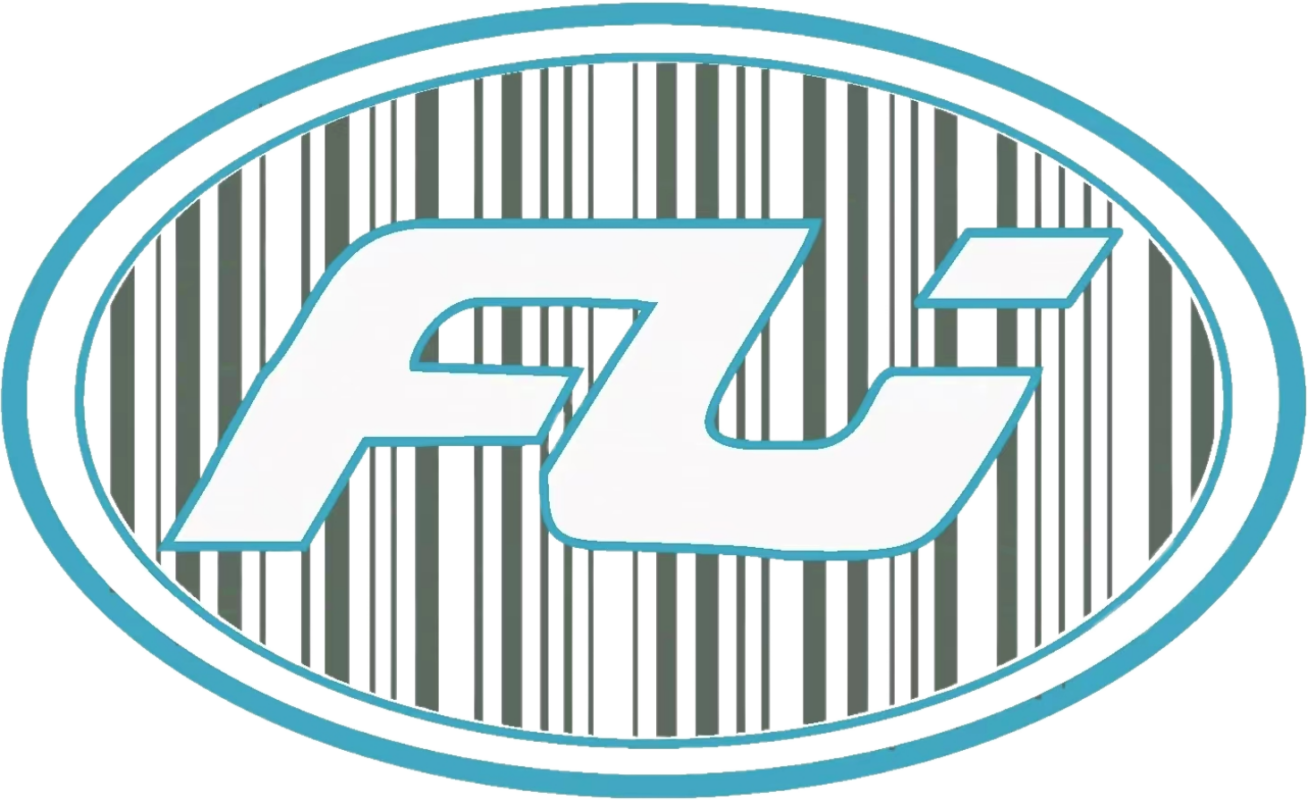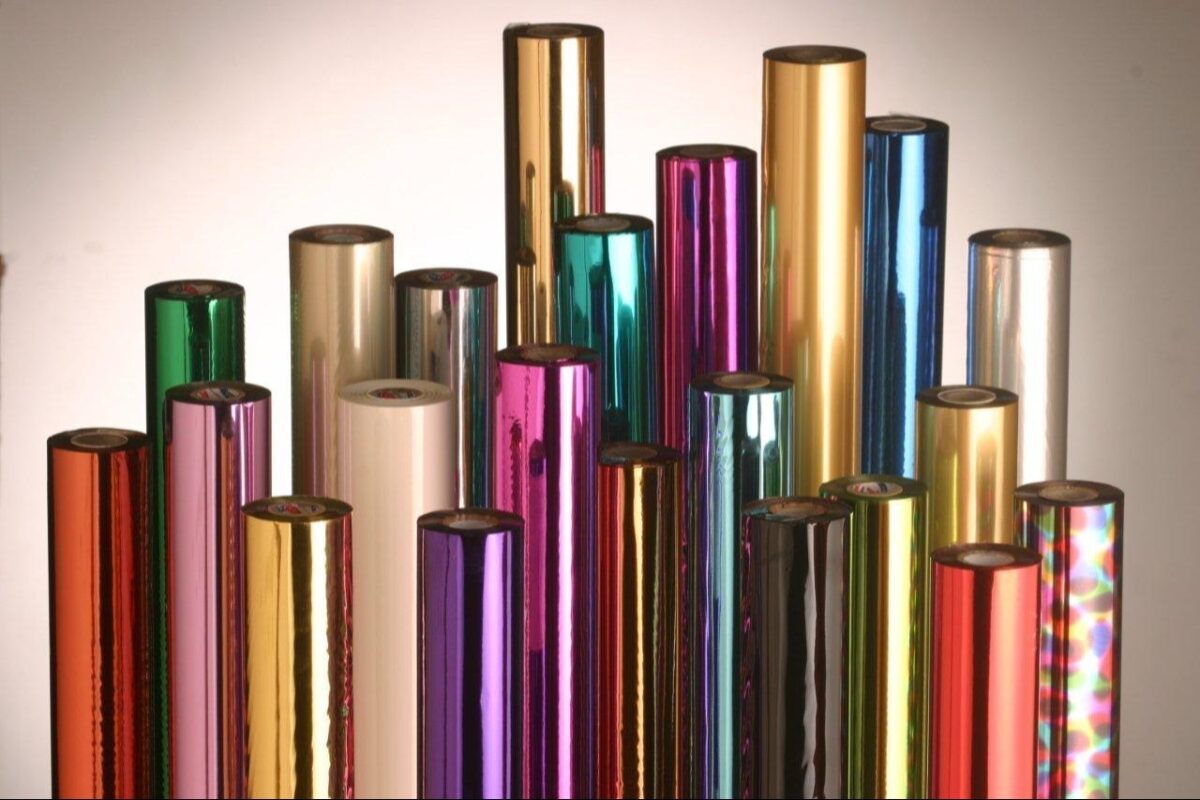Blog
Customizable Ribbon 101: Materials, Printing Methods, and Applications
Customizable ribbon 101 serve as effective branding elements which extend beyond simple decoration to enhance packaging and events as well as retail environments. Distributors and procurement managers need to understand ribbon customization because it enables them to provide high-quality solutions tailored to clients from different industries.
This guide presents an overview of customizable ribbons by examining their core components such as materials selection and printing methods along with their practical applications. This piece provides actionable guidance to achieve B2B success whether you need custom ribbons for promotional uses or wish to expand your product range.
What Are Customizable Ribbons?
Customizable ribbons represent textile strips which enable personalization with logos or patterns through numerous printing methods. These ribbons find applications across product packaging as well as promotional events, weddings, cosmetics products and seasonal campaigns.
Key Features:
- These ribbons allow for printing company logos, marketing slogans, or personalized art designs.
- Available in multiple materials, widths, and colors
- Appropriate for both automated and hand-operated tying as well as curling and wrapping tasks
- Often sold in rolls for bulk use
Common Ribbon Materials for Customization
Satin Ribbons
- Texture: Smooth, glossy finish
- These ribbons shine in premium branding applications, luxury packaging solutions and elegant gift wrapping.
- Advantages: Elegant appearance, accepts ink well
- Considerations: Slightly more expensive than other types
Grosgrain Ribbons
- Texture: Ribbed, sturdy, matte
- Best For: Retail packaging, cosmetics, craft supplies
- Advantages: Durable, cost-effective, easy to handle
- Printing methods for this ribbon type are restricted which makes full-color printing difficult.
Organza Ribbons
- Texture: Sheer and lightweight
- Best For: Weddings, flower arrangements, cosmetics
- Advantages: Airy, elegant, easy to layer
- Considerations: Limited ink absorption
Cotton & Eco-Friendly Ribbons
- The ribbon’s texture shifts between soft and coarse because of its weave structure.
- Best For: Sustainable brands, organic products, eco-packaging
- Advantages: Biodegradable, recyclable
- Considerations: Requires special inks for print clarity
Popular Printing Methods for Custom Ribbons
Thermal Transfer Printing
- Ideal For: Medium to high-volume printing
- Features: Fast, precise, durable output
- Material Compatibility: Satin, grosgrain, cotton
- Thermal transfer printing works best for creating brand logos and barcode ribbons as well as packaging used in warehouses.
Screen Printing
- Screen printing excels at creating large bold designs for extensive orders.
- The printing method has vibrant color results while being very suitable for straightforward logo designs
- Material Compatibility: Most types except organza
- Best Use Cases: Event branding, promotional ribbons
Hot Stamping (Foil Printing)
- Ideal For: Metallic, glossy finishes
- Features: Eye-catching, adds luxury appeal
- Material Compatibility: Satin, grosgrain
- Weddings and holiday packaging benefit from premium gifts using this technology.
Digital Printing
- Ideal For: Full-color, small batch runs
- Features: Complex gradients, low MOQ, detailed design
- Material Compatibility: Satin, cotton
- Custom retail labels and seasonal marketing efforts represent optimal applications for digital printing techniques.
Key Considerations When Sourcing Customizable Ribbons
Ribbon Width
- Narrow (6mm–16mm): Best for jewelry packaging, tags
- Medium (19mm–25mm): Ideal for gift boxes, retail
- Wide (38mm+): Suitable for premium branding, decorations
Ink Type and Durability
- Pigment vs. dye-based inks
- Waterproof and UV-resistant options for outdoor use
Finishing Options
- Heat-sealed edges
- Perforated rolls
- Pre-cut ribbons for easy distribution
MOQ & Packaging
- Low MOQ options for niche clients
- Bulk rolls (100–1000 meters) for industrial use
- Private label or unbranded bulk supply
B2B markets benefit significantly from the use of customizable ribbons in various applications.
1. Retail & Boutique Packaging
The use of custom ribbons adds value perception to boutique items such as clothing, candles, and accessories. Brand consistency improves when packaging matches ribbon branding.
2. Wedding & Event Decor
For favors, invitations, bouquets and venue decorations people use custom-printed ribbons. Many people select foil-stamped satin and organza ribbons for their projects.
3. Corporate Gifting
The professional look and attention to detail of corporate gifts are reflected by customized ribbons tied around the packaging. Thermal transfer printing maintains the clarity of brand logos.
4. Food & Beverage Branding
Jars and boxes along with premium snacks are frequently branded using ribbons. Designers choose cotton and grosgrain materials to achieve a natural appearance in ribbon applications.
5. Cosmetics and Skincare
Skincare brands use ribbons to personalize packaging. Printed satin ribbons that are eco-friendly confirm both product quality standards and environmental stewardship.
6. Holiday Promotions & Seasonal Campaigns
Customizable ribbons become essential marketing assets for seasonal promotions in limited-time offers and subscription boxes as well as gift wrapping stations.
Distributors who provide customizable ribbons experience multiple advantages to their business operations.
- The ability to customize products enables businesses to provide added value which supports higher pricing points.
- Distributors receive repeat orders from clients during seasonal promotions and special events.
- Private-label solutions should integrate your client’s branding.
- Versatility: Applicable across industries and packaging formats

Sustainability Trends in Custom Ribbon Production
- Eco-conscious consumers are increasingly seeking biodegradable inks and materials.
- The shift to recyclable packaging involves substituting plastic spools with cores made of paper or cardboard.
- Digital Customization: On-demand printing reduces inventory waste
Conclusion
Customizable ribbons provide an effective solution to boost brand recognition while enhancing customer satisfaction and promoting sustainable packaging practices. An understanding of material choices combined with printing methods and industry-specific applications allows distributors and procurement managers to fulfill multiple client requirements and expand their offerings.
The increasing market demand for personalized packaging creates a unique opportunity for businesses to stand out in B2B markets through customizable ribbons.
Ready to source customizable ribbons in bulk?
Our scalable solutions have flexible MOQs and expert support for all your needs including thermal transfer ribbons, foil-stamped satin rolls, and eco-friendly cotton options.
Contact us today or reach out directly:
Frequently Asked Questions (FAQ)
What materials are best for customizable ribbons?
Premium applications require satin ribbons while grosgrain ribbons offer durability and organza ribbons deliver elegance, making cotton ribbons the best choice for eco-friendly needs.
Thermal transfer and screen printing stand out as optimal choices for high-volume printing.
Bulk quantities benefit from thermal transfer and screen printing thanks to their rapid processing and durable results.
Is it possible to order ribbons featuring my brand through customization?
Yes. You can choose private-label and OEM customization options to feature your preferred logo and packaging style.
The lowest quantity required for ordering custom ribbons depends on the chosen material and design but generally begins at 500 meters for each design.
The minimum order quantity for custom ribbons changes depending on the material and design but starts at 500 meters for each design option. Contact us for flexible options.
Do you offer eco-friendly customizable ribbons?
We provide biodegradable ribbon materials along with water-based ink printing services whenever requested.
For bulk inquiries, private labeling, or material samples, visit our contact page or reach out via:

